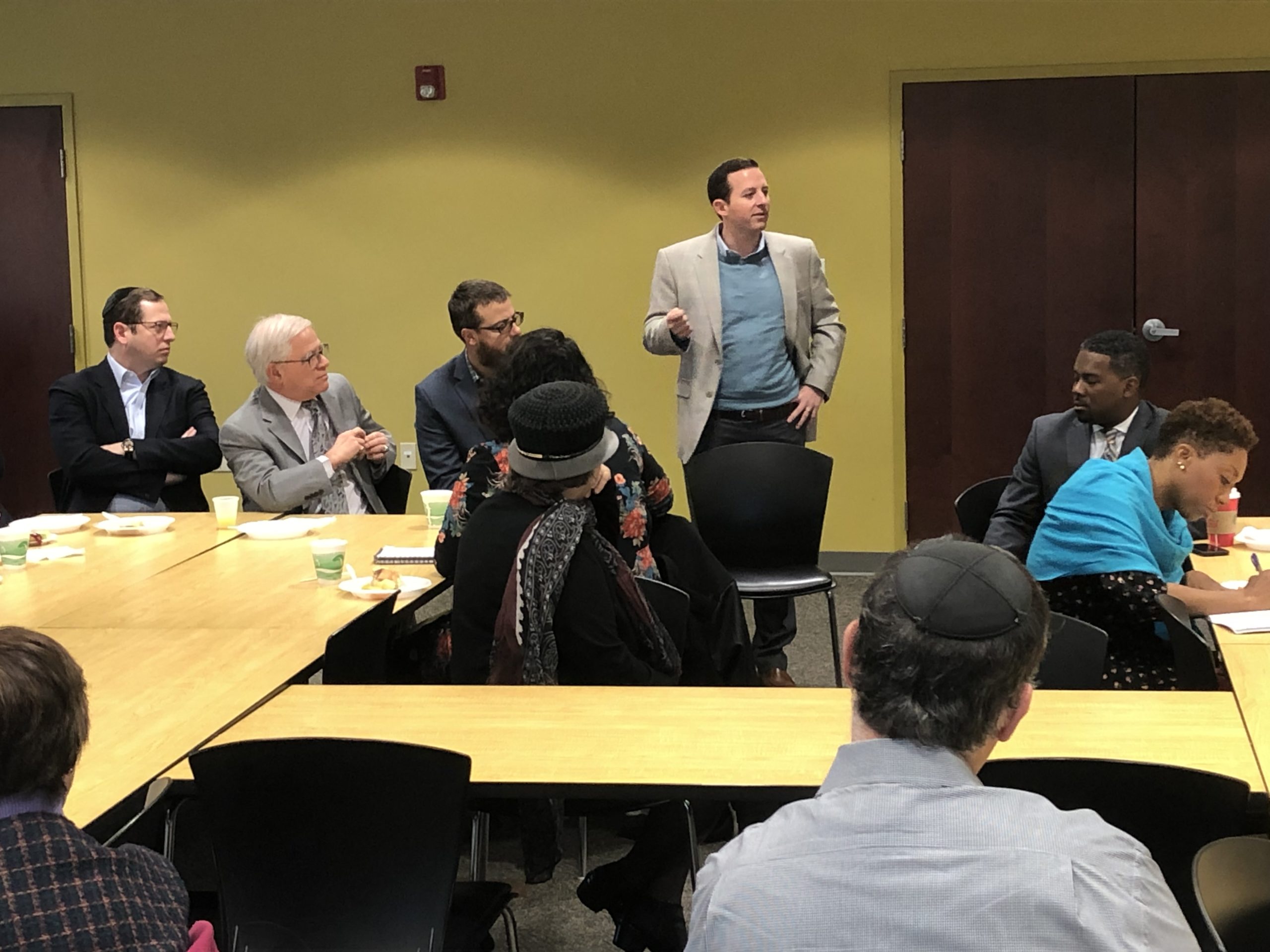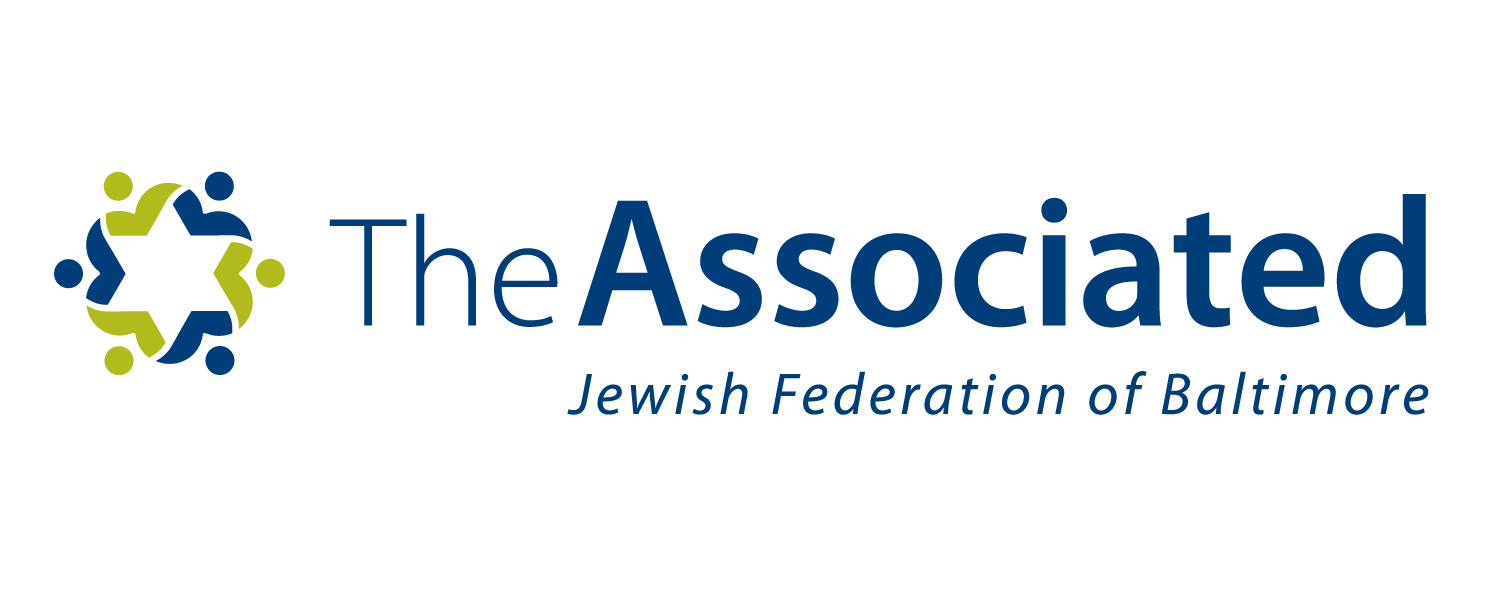POLICY POSITIONS AND RESOLUTIONS
Baltimore Jewish Council policy is developed through an open, inclusive, representative and consensus-driven process. The Baltimore Jewish Council’s policy positions and resolutions guide our advocacy at all levels of government. These positions and resolutions represent a consensus of the organized Greater Baltimore Jewish community.

Text about the process goes here
The Baltimore Jewish Council adopted the policy of the National Jewish Community Relations Council (NJCRAC) on affirmative action. At this time, the BJC supported affirmative action in compensatory education, job training, recruitment, reviews of job and admissions requirements, as well as the basing of merit and qualifications on cultural, social, and economic backgrounds and not just test scores; it opposed quotas. This policy was approved on January 11, 1996. The Metropolitan Issues Committee drafted another statement to support affirmative action, which was then approved by the BJC Board (Addendum I).
This statement also supported affirmative action, placing greater emphasis on supporting education and job counseling, while continuing opposition towards quotas. This policy was adopted on November 4, 1998.
Addendum I
Resolution On Race, Affirmative Action And Higher Education
Approved by Baltimore Jewish Council Board of Directors November 4, 1998
The American Jewish community is deeply committed to the principle of a just society, a concept that is at the very core of Jewish tradition. This tradition also encourages us to seek a society in which diverse groups and individuals can live in harmony while respecting each others’ beliefs, lifestyles and ethnic identities. Only in such a society can our security and the well-being of others be assured. In turn, we believe that it is the responsibility of public officials to provide equal educational opportunities for an increasingly diverse student population.
It is within this context, therefore, that the Baltimore Jewish Council (BJC) reaffirms its support of affirmative action programs , most notably in the form of compensatory education and job counseling, intensive recruitment of members of disadvantaged groups, ongoing emphasis on bias-free admissions and employment requirements, and racial preferences designed to achieve diversity and inclusion as permitted by law.
We recognize the need for numerical data and statistical procedures to measure and help assure the effectiveness of affirmative action programs. Nevertheless, the BJC remains opposed to quotas, which, we believe, are inconsistent with the principle of nondiscrimination as a goal of equal opportunity.
Finally, in light of the divisiveness of this issue, we support efforts by state and local officials to come to terms with the goals stated above.
The Baltimore Jewish Council voted to oppose assisted suicide because Jewish Law expressly forbids it.
This policy was approved on February 26, 1997. The Executive Committee reaffirmed this position in the spring of 2015.
The Baltimore Jewish Council approved a resolution on statewide campaign finance reform that includes, among other things, support for voluntary funding for state legislative candidates, qualifying contributions and soft money limits (Addendum II).
The resolution was adopted on September 28, 1999.
Addendum II
Resolution On Statewide Campaign Finance Reform
Approved by Baltimore Jewish Council Board of Directors September 28, 1999
The Baltimore Jewish Council has long believed that honest and efficient government is vital to the health of a free society. We join with many others in expressing our concern over the increasing threat that unrestrained political fundraising is posing to the legitimacy of our public institutions – both in appearance and fact.
We recognize that campaign funding is a component of free speech. However, we believe that the best way to allow candidates to meet their funding needs while still allowing constitutionally-protected political speech is to institute a system of voluntary public campaign financing. We therefore call on the state of Maryland to create a “clean money campaign reform” system that includes the following elements:
Voluntary public funding for state legislative candidates. Candidates for the state legislature would have access to public funds in their primary and general election campaigns in sufficient quantities to make them competitive with privately funded candidates.
Qualifying contributions. So as to ensure that only serious candidates would have access to taxpayer-provided campaign funds, candidates would have to raise a minimum number of contributions in their legislative district.
Limited private or political transfer contributions. Once a candidate accepts public money, he or she may only raise a limited amount of private contributions, up to a specific spending limit.
Limited matching money. Those publicly-financed candidates who are significantly outspent by an opponent would be eligible to receive supplemental funds up to a predetermined cap.
“Soft money” limits. Some reasonable limits would be placed on unregulated “soft money” contributions to political action committees.
The Baltimore Jewish Council believes that this proposal holds the potential to insulate politicians from the corrupting influence of those political contributors whose concerns are not those of the public as a whole. We call on the state legislature to implement this program, and restore public trust in the political process upon which we all depend for a safe and thriving democracy.

